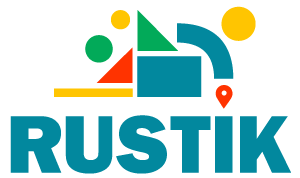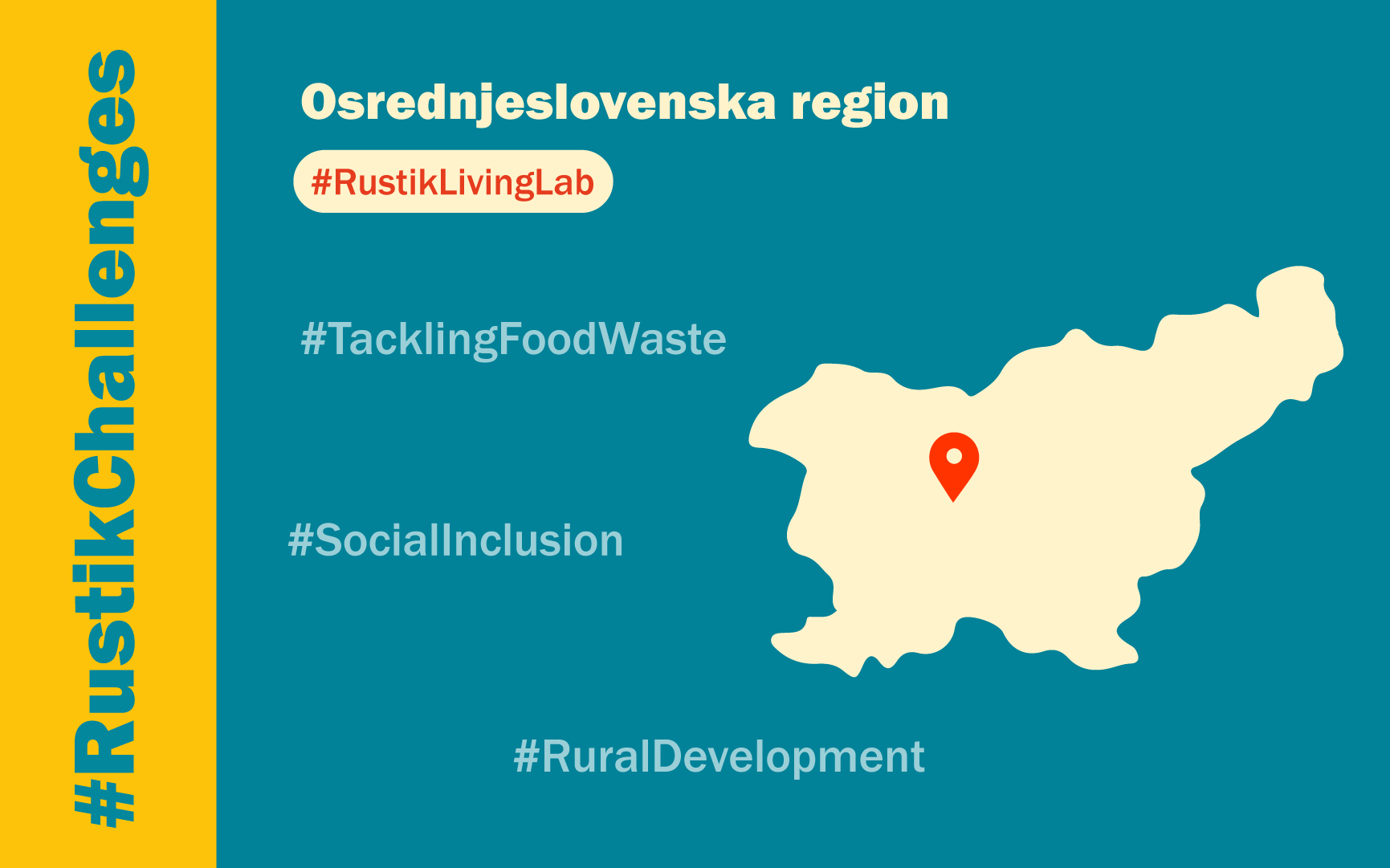The Osrednjeslovenska region in Slovenia, with 25 municipalities and nine urban settlements, faces diverse challenges despite being densely populated. While some areas have well-developed central functions, others lack essential services, impacting living standards and increasing traffic congestion.
The Rustik Living Lab (LL) in Slovenia targets food loss and waste (FLW) and its connection to social inclusion and entrepreneurship. These issues were chosen for their societal relevance and to leverage partners’ strengths. The LL aims to address data gaps regarding rural poverty, access to food, and subjective quality of life.
Living Lab Challenge
The LL aims to link partners’ expertise in FLW and social inclusion to address the real-time acquisition of excess food and its redistribution to underprivileged rural segments. By assessing the impact on subjective well-being, the LL seeks to explore how social innovation in FLW management can improve the quality of life in vulnerable rural communities.
Rationale
The chosen challenge reflects societal importance and partner expertise, focusing on dignity and social inclusion. Poverty, social exclusion, and limited access to quality food are more pronounced in rural areas. Urban areas may contribute significantly to FLW, presenting an opportunity for mutually beneficial relationships.
Data on FLW are often outdated, while information on social exclusion in rural areas is limited. Current estimates suggest around 10% of people are at risk of poverty in the region. Examining subjective well-being and social inclusion requires new approaches and social innovation.
Policy Relevance
Policy measures to mitigate poverty and FLW can benefit from concrete data on FLW prevention and subjective well-being improvement. Improved well-being could address other policy issues like rural out-migration and limited access to services. The LL aims to develop replicable good practices for policy implementation.
Research Questions
- How can excess food be provided to those in need while preserving dignity and promoting social inclusion?
- What is the relationship between food, access to food, and subjective well-being, and how can it be measured?
Data gaps exist in real-time information on excess food availability and the needs of rural communities. Acquiring sensitive data ethically and ensuring confidentiality pose challenges.
Emerging software solutions offer insights into food waste mitigation. Consultations with institutions working with marginalized groups will explore ways to reach individuals in need while protecting confidentiality and dignity.
The Rustik Living Lab in Slovenia addresses pressing societal issues by tackling FLW and promoting social inclusion. By leveraging data and social innovation, the LL aims to create replicable good practices that inform policy and improve the well-being of rural communities.

